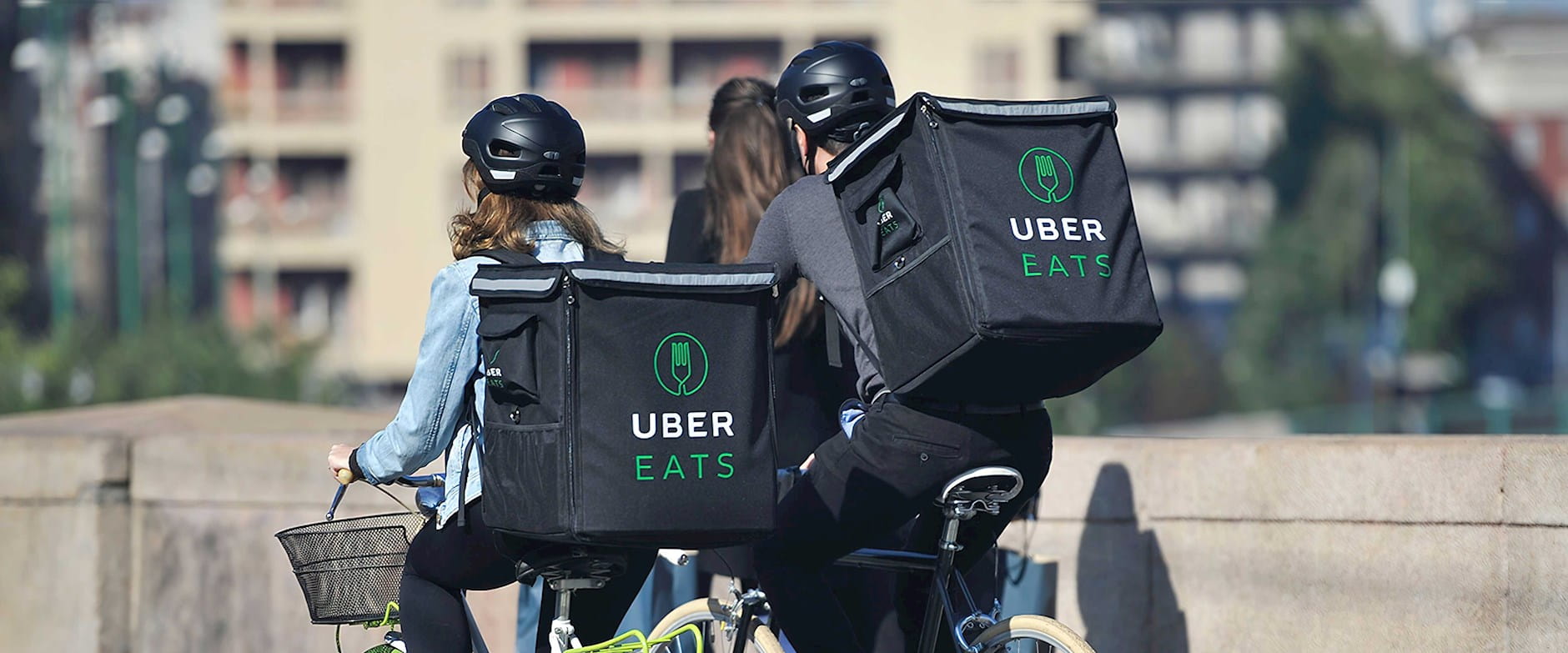
What Drives Gender Gaps at Work?
Two panels of economic experts consider the disparate career impact of bearing and rearing children.
What Drives Gender Gaps at Work?
The pandemic has hit certain parts of the gig economy hard—many people are more reluctant to get into a stranger’s car, for instance, and may well remain so for some time after the pandemic ends. But other parts of the gig economy, particularly services such as food delivery that facilitate social distancing, have surged. Washington University’s John Barrios says that with unemployment at historic levels, the gig economy could play an important role in helping workers keep certain professional skills from atrophying, maintaining their human capital for an eventual return to non-gig work.
You can think of some gig work as being very personal, like Uber, where you have to get in a car with someone else. And if we come out of this pandemic being a little bit more conservative on interaction, I think it’s going to be less likely that we’re going to be getting into a random stranger’s car. It’s cheaper, but in addition to whatever I have to pay for Uber, there’s an incremental cost that the driver could have COVID-19. And from the driver’s perspective, “I could make X number of dollars by driving, but I also now increase the likelihood that one of my passengers might have COVID-19.”
Food delivery through Amazon or Grubhub, where you can grab stuff and have it be delivered to your place, you could imagine that people might have liked and been exposed to that. Whereas before, they would have had to search and find this app, now it’s become more mainstream.
You could see that that would provide opportunities for some of the displaced labor in the market, because a lot of these Uber drivers that were relying on Uber before now just switched over to doing a lot of these delivery services, helping get food to individuals and reducing the social contact of having to have everybody outside going to pick up food or going to the grocery store.
In that sense, I think that you would see [gig work] as being a mechanism to provide opportunities for individuals that might be between employment. And that was traditionally what the gig economy was. It was kind of a stepping stone for individuals changing careers, maybe going back to school, providing side income. There’s this notion of flexibility, of providing these flexible markets where individuals can partake, rather than being stuck in between full-time employment and trying to find another full-time job.
If the gig economy serves this mechanism—which, we see it in a couple of papers, in terms of the gig economy actually reducing the amount of unemployment that you partake in because it provides that gap period, where you’re actually doing work—you could think of it as also maintaining some human capital.
We don’t have as much human-capital depreciation, whereas before, you would just go on unemployment. The concern is that, as you stay home and not work, you lose scheduling, and you lose a lot of this human capital that you’re used to when you have a full-time job. That starts depreciating. You’re not used to schedules anymore. You’re not used to getting up to go to work.
And so, it makes it harder to come back into the market. Whereas in this gig, you can maintain some of that by maintaining a schedule. So it guards against human-capital depreciation.

Two panels of economic experts consider the disparate career impact of bearing and rearing children.
What Drives Gender Gaps at Work?
The cost of this medical coverage weighs more heavily on workers who earn less.
Employer-Sponsored Healthcare Aggravates US Inequality
Is inefficiency inherent in the matching of students and colleges?
How Colleges Can Make the Admissions Process Easier for Students, and ThemselvesYour Privacy
We want to demonstrate our commitment to your privacy. Please review Chicago Booth's privacy notice, which provides information explaining how and why we collect particular information when you visit our website.